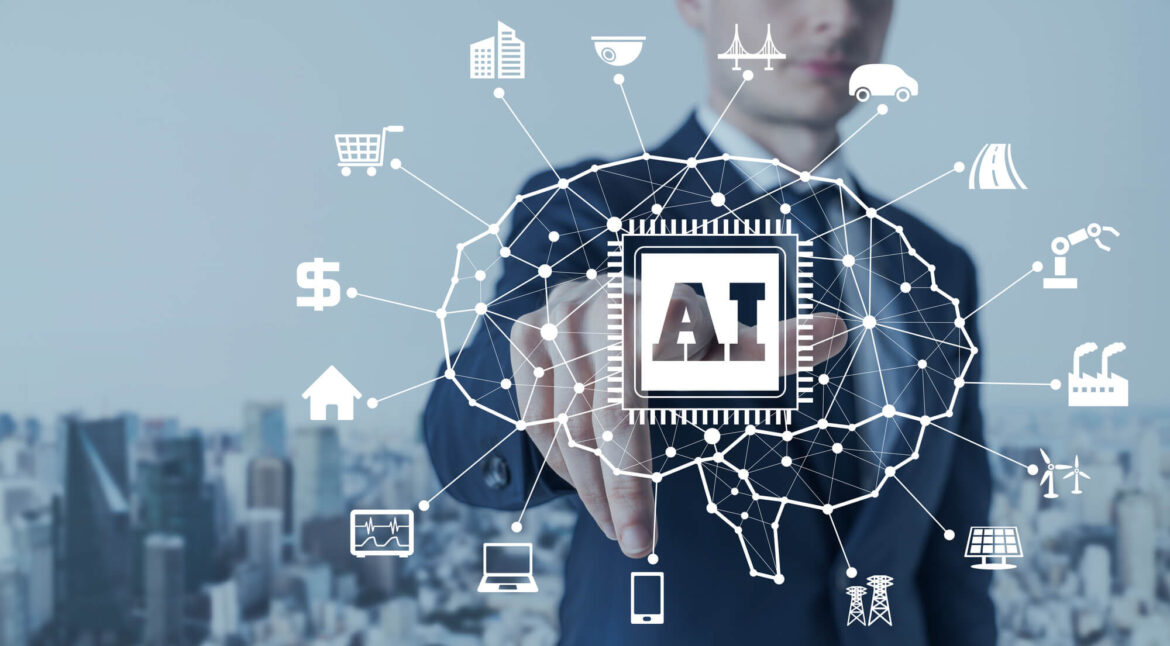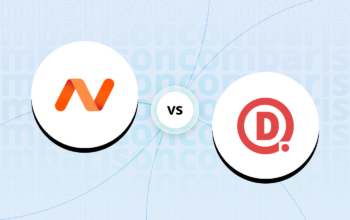Artificial Intelligence (AI) has made significant strides in recent years, transforming various industries and impacting our daily lives. From voice assistants to autonomous vehicles, AI has become an integral part of our technological landscape. As we look ahead, it’s important to explore what’s next for AI and the potential implications and advancements it may bring.
- Advancements in Machine Learning and Deep Learning: Machine learning and deep learning are the driving forces behind many AI applications today. These techniques have enabled computers to learn from vast amounts of data and make predictions or decisions without being explicitly programmed. In the future, we can expect significant advancements in these areas, leading to more accurate and efficient AI systems. This progress will enable AI to tackle complex tasks and provide even more personalized experiences for users.
- Ethical AI and Responsible Deployment: As AI becomes more pervasive, concerns around ethics and responsible deployment are growing. Issues such as bias, transparency, and accountability need to be addressed to ensure AI systems are fair and trustworthy. In the coming years, we can anticipate a stronger focus on developing ethical frameworks and guidelines for AI development and deployment. This includes the establishment of regulatory bodies and industry standards to govern AI applications, protecting individuals’ privacy and ensuring the responsible use of AI technologies.
- AI in Healthcare: Healthcare is one of the most promising domains for AI. From diagnosing diseases to developing personalized treatment plans, AI has the potential to revolutionize healthcare delivery. In the future, we can expect AI to play an even more significant role in areas such as medical imaging analysis, drug discovery, and precision medicine. AI-powered systems will help healthcare professionals make more accurate diagnoses, provide more targeted treatments, and improve patient outcomes.
- AI in Education: AI has the potential to transform education by offering personalized learning experiences and intelligent tutoring systems. With the help of AI, educators can create tailored learning paths for individual students, identify their strengths and weaknesses, and provide targeted support. As AI continues to advance, we can expect more sophisticated educational platforms that adapt to each student’s unique needs, promoting lifelong learning and improving educational outcomes.
- AI and the Future of Work: The integration of AI into the workforce has raised concerns about job displacement. However, AI also presents opportunities for augmenting human capabilities and creating new types of jobs. In the future, we can expect AI to automate repetitive and mundane tasks, freeing up human workers to focus on more creative and complex activities. Collaboration between humans and AI systems will become more common, leading to the emergence of new job roles that require a combination of technical and interpersonal skills.
- AI and Cybersecurity: As technology advances, so do the threats it poses. Cybersecurity is an ever-growing concern, and AI can be both a weapon and a defense in this arena. Hackers can leverage AI to launch sophisticated attacks, while AI-powered security systems can help detect and mitigate cyber threats in real-time. In the future, AI will play a crucial role in enhancing cybersecurity by identifying vulnerabilities, predicting attacks, and developing robust defense mechanisms to safeguard our digital infrastructure.
- AI and Smart Cities: The concept of smart cities, where technology is used to improve urban infrastructure and services, is gaining traction worldwide. AI will be a key enabler of smart cities, optimizing transportation systems, energy distribution, waste management, and more. AI-powered sensors and analytics will help cities become more efficient, sustainable, and responsive to the needs of their residents. By leveraging AI, cities can enhance the quality of life, reduce resource consumption, and address urban challenges effectively.
- AI and Robotics: AI and robotics have long been intertwined, but we can expect even closer integration in the future. Advances in AI algorithms and hardware will enable more sophisticated and autonomous robots capable of interacting with the physical world. From healthcare and manufacturing to space exploration and household chores, robots will become more intelligent and adaptable, transforming various industries and augmenting human capabilities.
In conclusion, the future of artificial intelligence is filled with promise and potential. As AI continues to advance, we must address ethical concerns, ensure responsible deployment, and harness its power for the benefit of society. From healthcare and education to cybersecurity and smart cities, AI will reshape industries, create new opportunities, and improve our quality of life. By embracing AI’s potential and working towards its responsible development, we can unlock a future where intelligent machines work alongside humans to solve complex problems and drive innovation.




